What is holding an employer together at a time when nothing seems sure? Resilience is usually the solution. Changes are constant among employees today, whether re-balancing work models with new technology or changing economies. Resilience does not only mean recovering, but also being stable, centered, and receptive when one gets backed by uncertainty.
Understanding Resilience in the Workplace
The skill to be resilient and be able to overcome challenges, resume working fast, and not to be conquered. Resilience at workplaces makes employees motivated even when pressures are on the increase. Stronger teamwork, decreased stress, and approaches to productivity that are more constant are observed in organizations that promote resilience.
Why Resilience Matters During Uncertain Times
Uncertainty can weaken morale if not addressed. A resilient workforce, however, manages stress better and adapts to unexpected demands. For companies in India, especially during rapid digital transformation, resilience links directly to growth, adaptability, and retention. HR professionals often connect resilience with:
● Career growth for HR professionals through leadership focus
● Employee engagement strategies for Indian companies that prioritize well-being
● Hybrid work trends in India, where flexibility demands resilience from both employees and leaders
Practical Ways to Build Employee Resilience
Encourage Open Communication
When employees feel heard, uncertainty reduces. Regular check-ins, team discussions, and feedback loops strengthen trust. Social media strategies for HR professionals can even highlight openness and employee stories, showing how challenges are being managed.
Promote Mental Health and Well-being
Mental health and HR role in India has become a pressing topic. Stress management workshops, wellness programs, and access to counseling give employees the tools to cope with pressure. This approach not only improves resilience but also strengthens organizational culture.
Focus on Upskilling and Learning
Change often requires new skills. Providing training linked to HR role in upskilling and reskilling employees builds confidence. As employees grow their abilities, they feel more capable of handling shifting roles or technologies.
Build Strong Workplace Culture
A culture of trust, inclusion, and recognition boosts resilience. Diversity and inclusion in Indian workplaces directly connect to resilience because people who feel valued are more likely to adapt positively. Building workplace culture in Indian companies has become central to creating teams that thrive in uncertainty.
Role of Leadership in Strengthening Resilience
Leaders have a crucial role in shaping resilience. Leadership skills for HR managers now extend beyond people management into empathy and adaptability. Transparent communication, recognition of employee efforts, and fair policies make teams feel supported. Women leaders in HR India have been leading examples, showcasing balanced approaches during crisis management.
Technology’s Role in Employee Resilience
Digital tools and automation can reduce manual stress, giving employees time to focus on value-driven work. HR tech trends in India 2025 highlight solutions like HR analytics and data-driven decision making, which support managers in identifying stress points early. Technology, when implemented with empathy, becomes a pillar for resilience.
Conclusion
Resilience is not built overnight, but organizations can foster it through culture, leadership, and continuous learning. Uncertain times will keep coming, but a resilient workforce stays steady, adaptable, and motivated. By blending empathy with strategy, companies can ensure employees are not just surviving but also moving forward with strength.
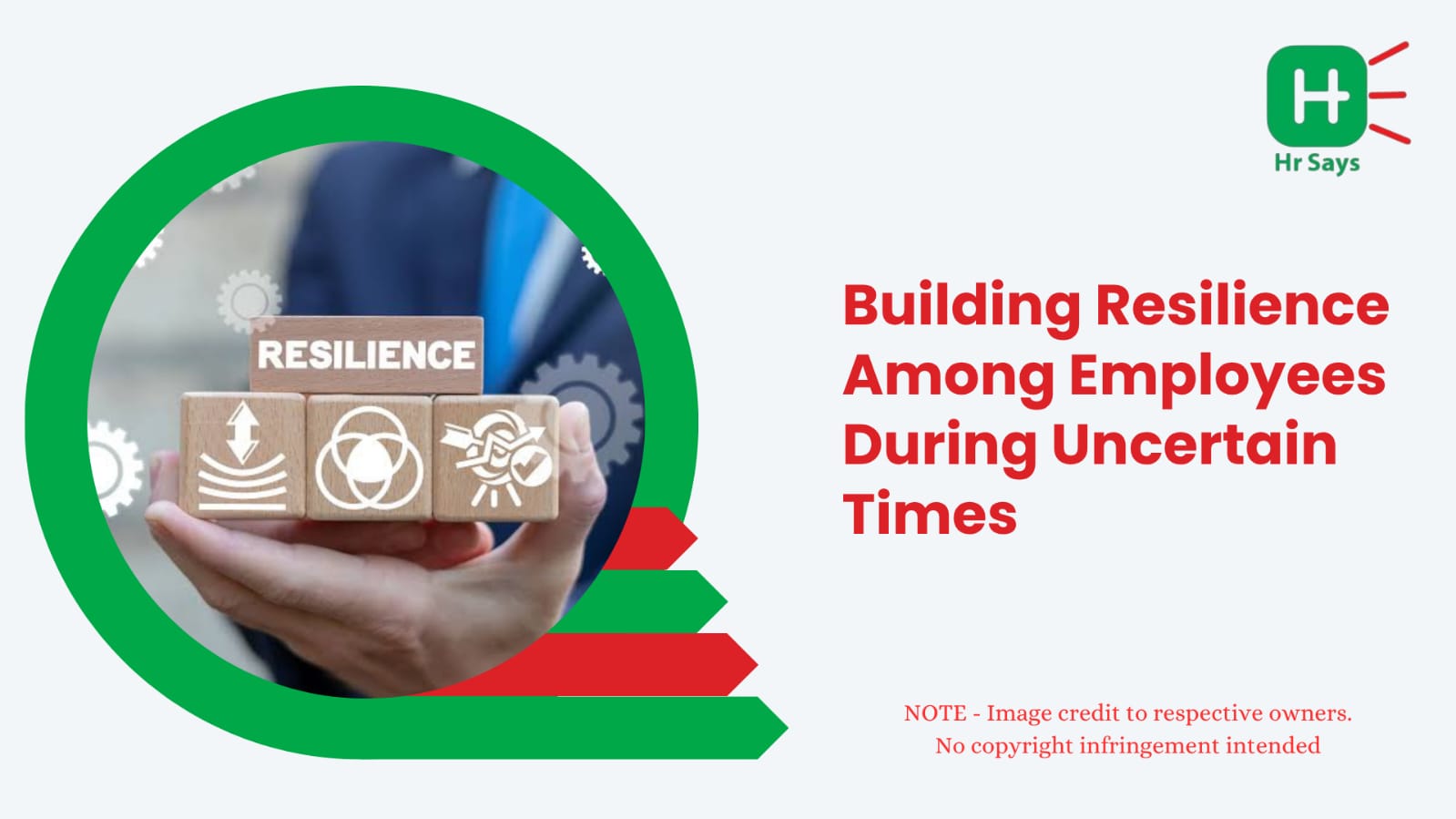
 Resilience helps employees manage stress, adapt to changes, and sustain performance. Through strong leadership, workplace culture, mental health support, and digital tools, companies can build resilience and keep their workforce engaged even during uncertain times.
Resilience helps employees manage stress, adapt to changes, and sustain performance. Through strong leadership, workplace culture, mental health support, and digital tools, companies can build resilience and keep their workforce engaged even during uncertain times.








.jpeg)
.jpeg)
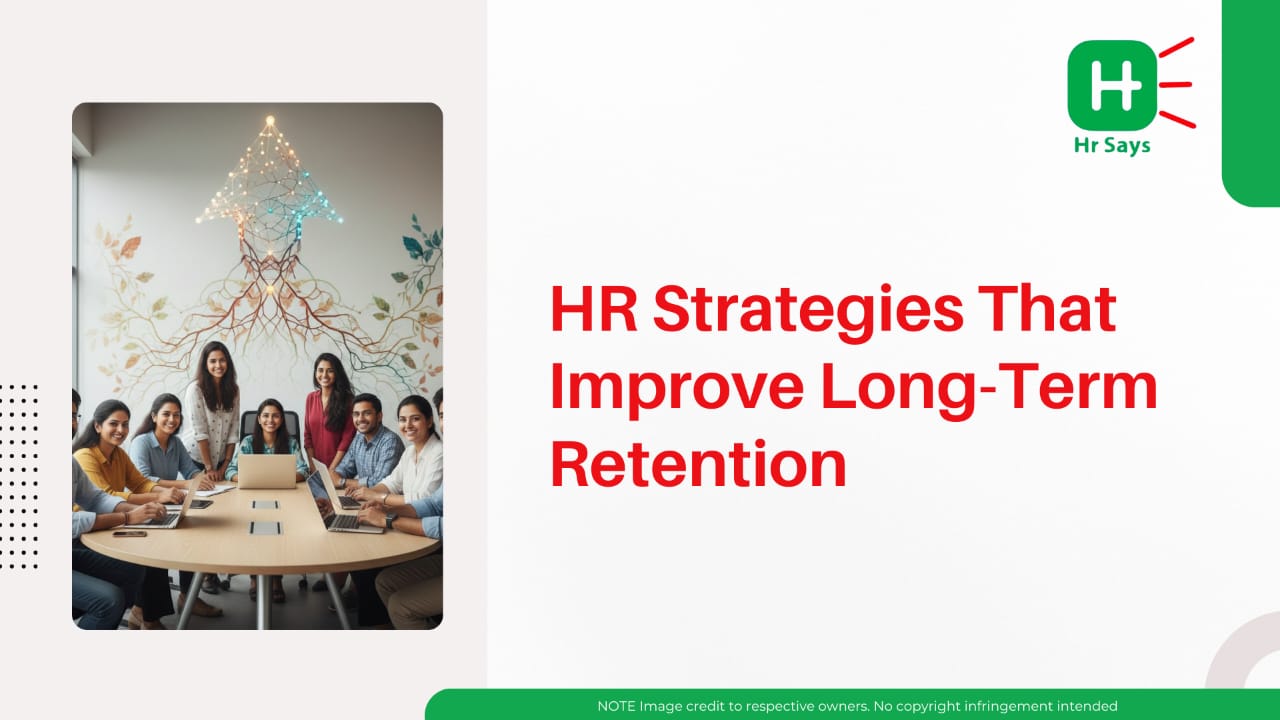
.jpeg)
.jpeg)
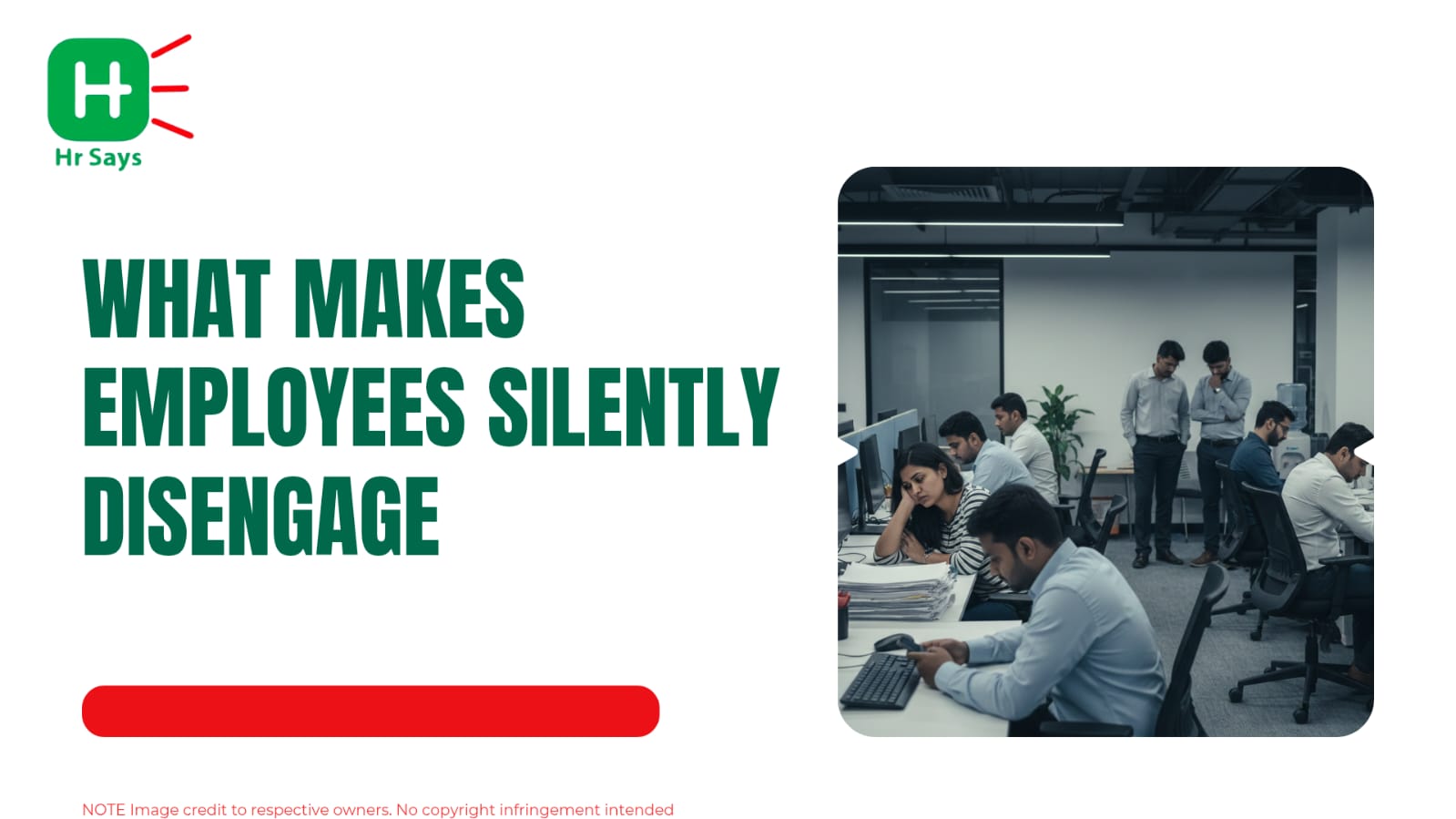
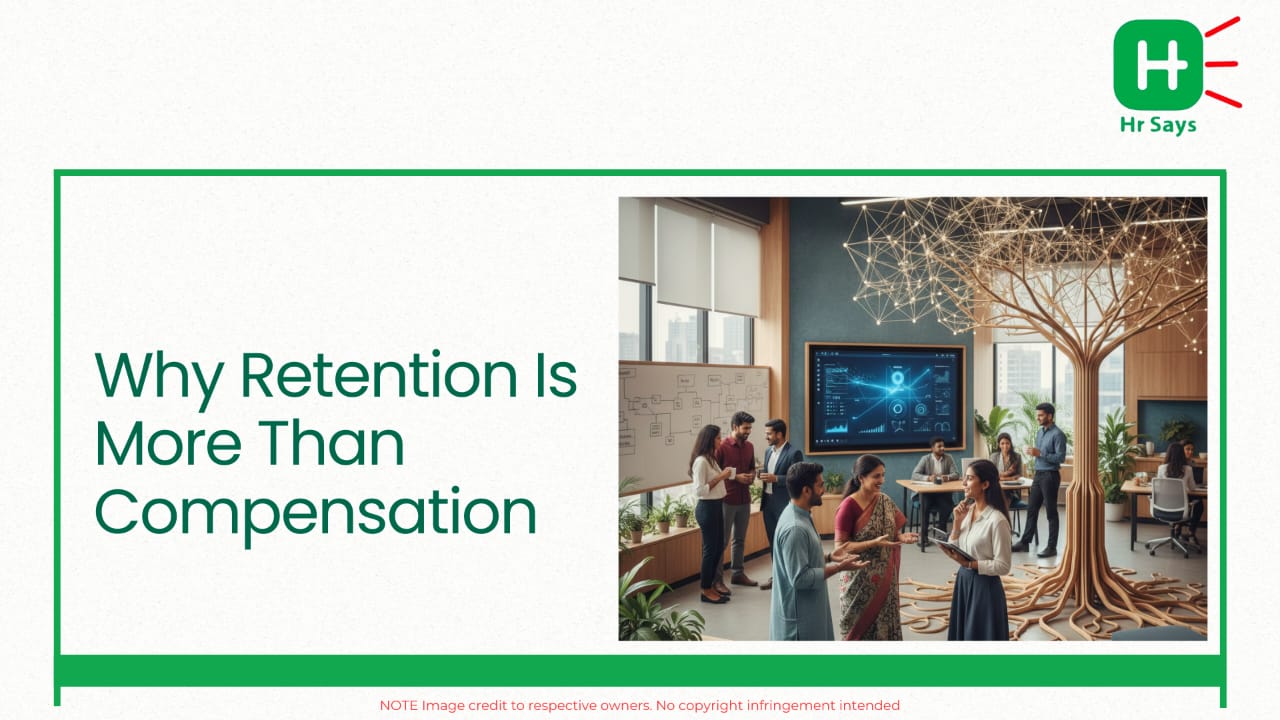
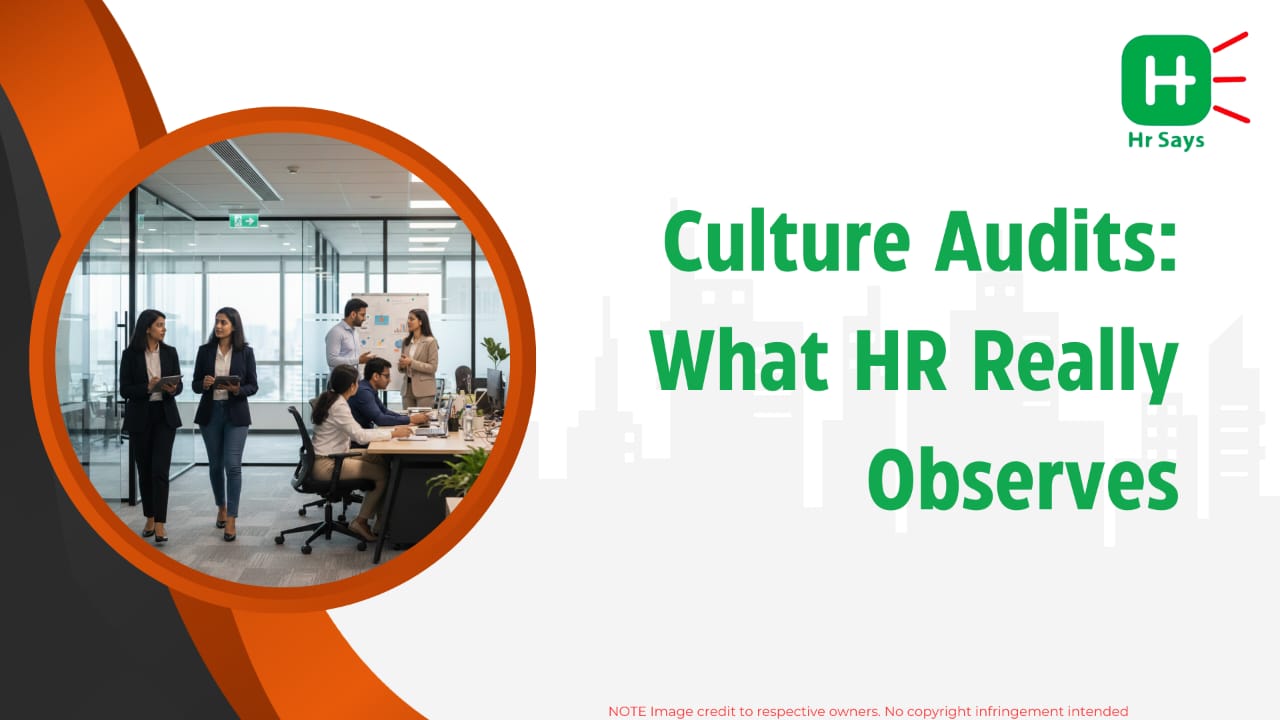
.jpeg)
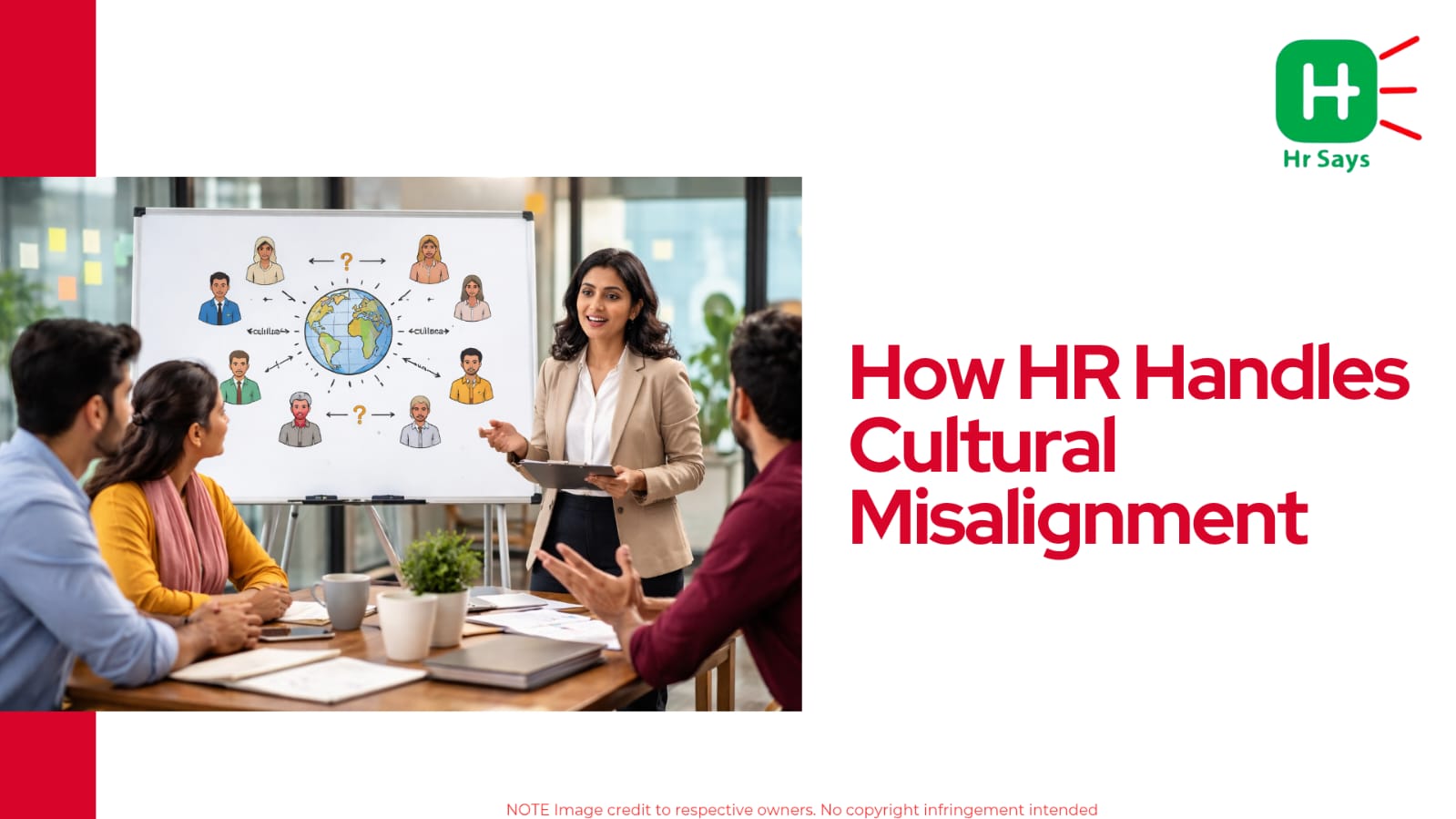
.jpeg)


.jpeg)

.jpeg)
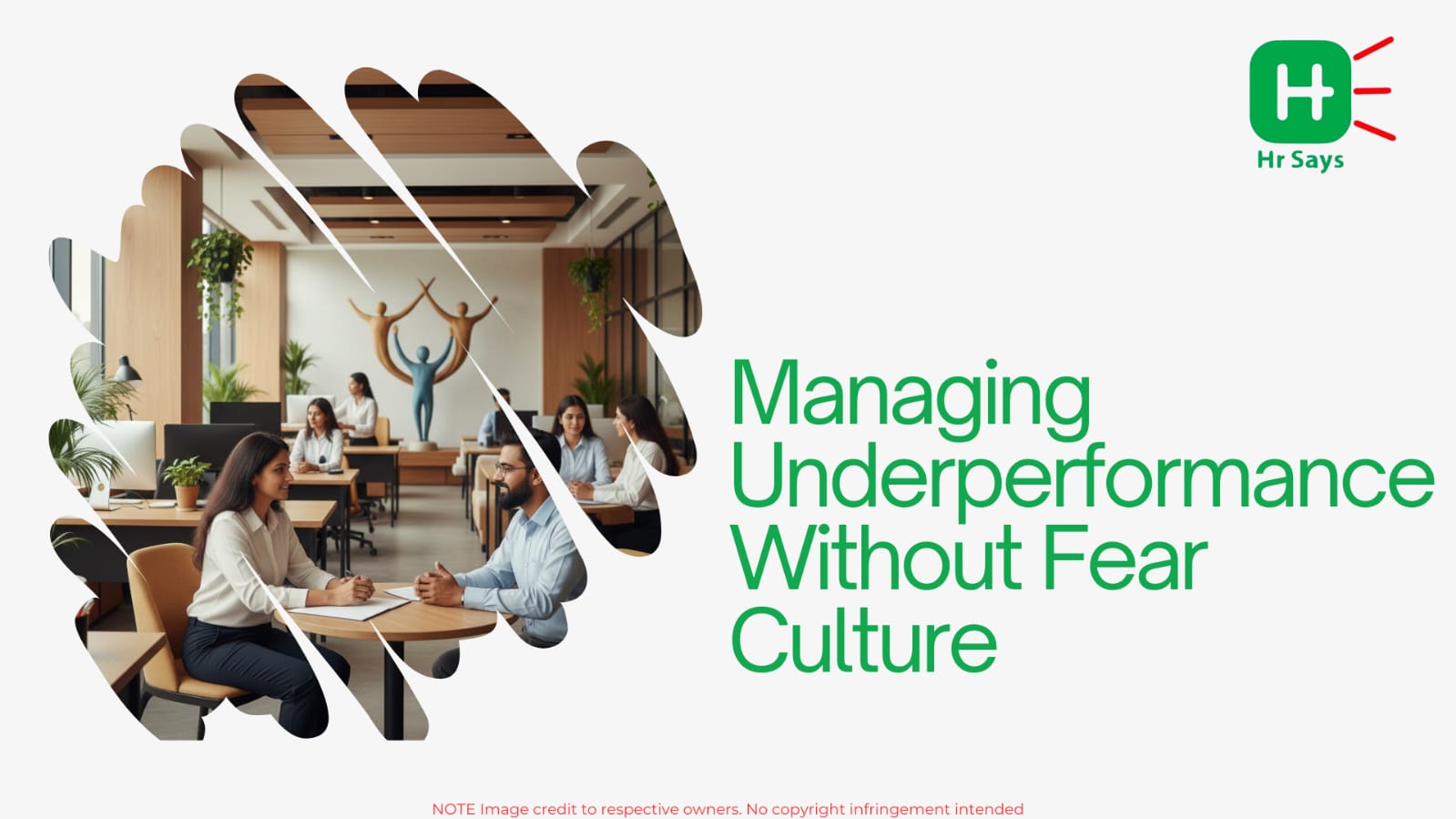
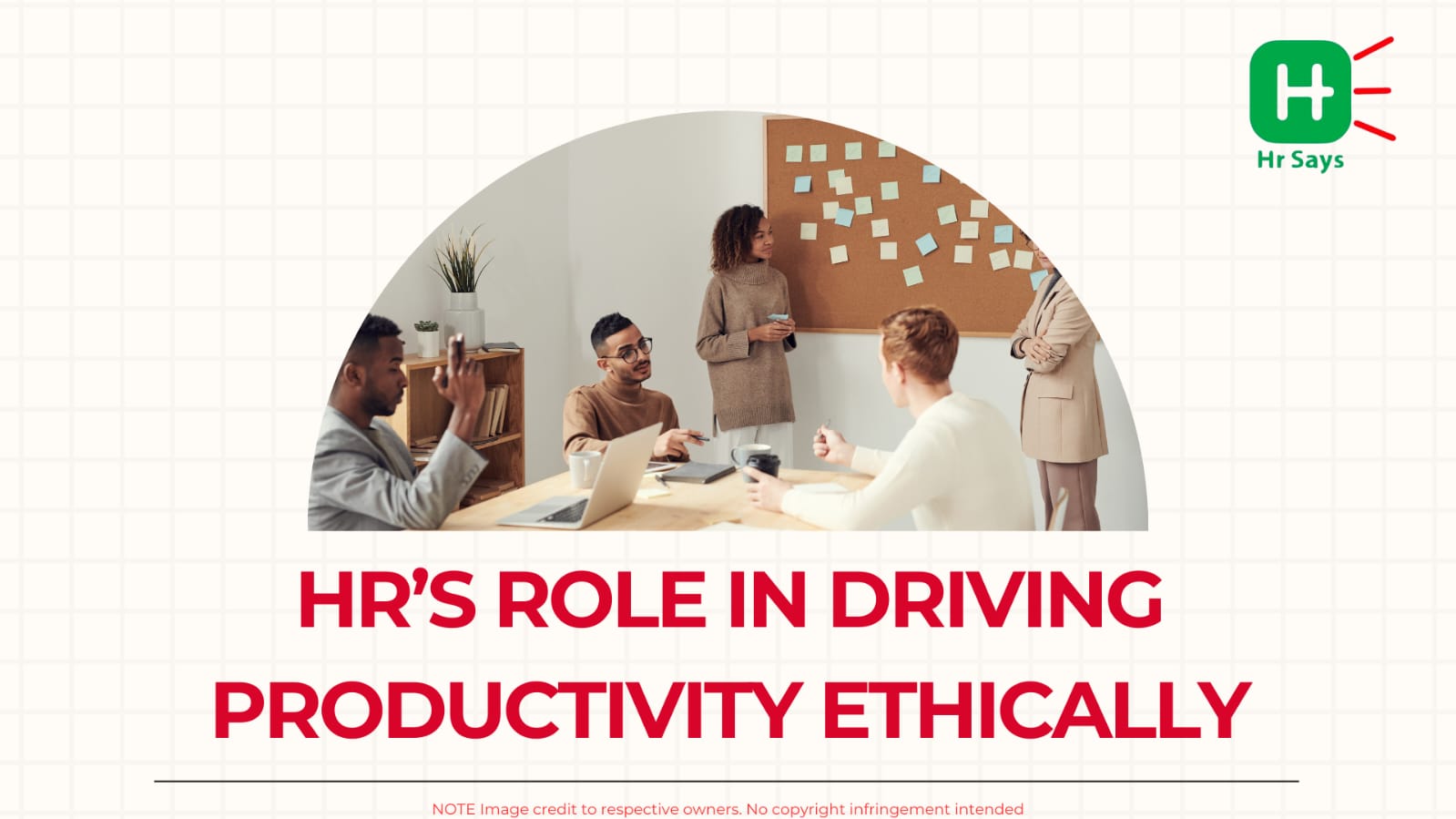
.jpeg)
.jpeg)